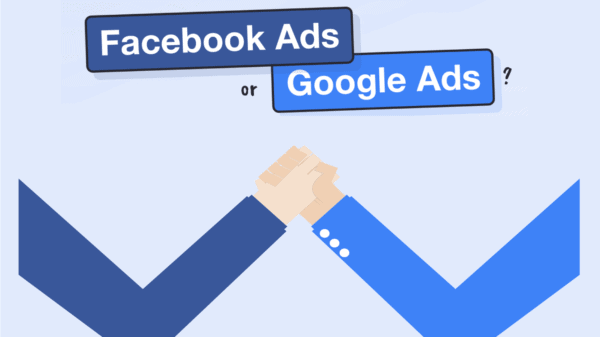Since the rapid bloom of news websites like Viral Nova and BuzzFeed, social media platforms have become the most important battlefield for online marketers. And therefore on your favorite Facebook News Feed, it has long been a trick of some marketers to inflict your curiosity towards certain stories by deliberately omitting important information in the description of a post, such as “You’ll NEVER believe which two stars got into a fight on the red carpet last night,” and then ask you to “CLICK to find out.”
And apparently the social media giant is not happy about that. On Monday August 25th, Facebook Research Scientist Khalid El-Arini and Product Specialist Joyce Tang co-published the blog post “News Feed FYI: Click-baiting” to explain two important updates in the upcoming months. The first one aims at eliminating click-baits by calculating the amount of time that their users have spent on reading a story after clicking its link on Facebook. The longer the period, the higher the credibility and the likeliness that users have found something they are actually looking for. Another factor that will come into account is the number of likes, comments and shares of a certain link; if an article outside Facebook has received a high number of clicks but relatively few responses, it will be regarded as a piece of little or no value to users.
Another target of the aforementioned updates is the links in photo captions. Currently there are two ways to share a link on Facebook: by simply pasting the link to the textbox (aka the “link format”), or by embedding the link into a status update or photo captions in the format of “Description: [LINK]”. Now Facebook is suppressing the latter for it is regarded as another type of click-baits. And from users’ perspective, as Facebook claims in their blog post, the “link format” is clearer and easier for users to decide whether a story deserves their attention or not.
In fact, targeting click-baits is just a sequel to the previous instalments of News Feed Cleaning series. Back in April 2014, Facebook has already been launching similar actions against like-baits, repeated shares and spammy links. Though it might be another doomsday for online marketers, users should welcome a more relevant News Feed with stories that really interest them.
Clarissa Turner is an English major graduate from New York University. Due to her academic background, she has developed a passion in writing and informing others on important stories around the world. As she is a geek at heart, she has combined both her passions to write quality articles on geek-related news.























































































































































































